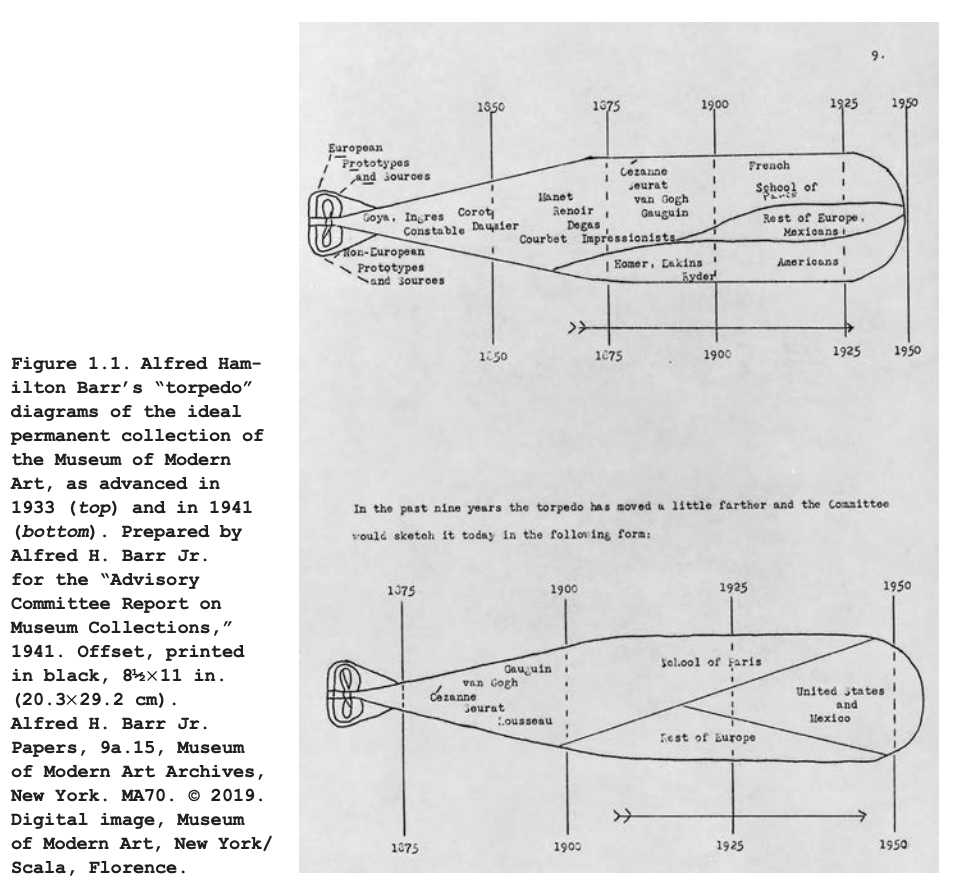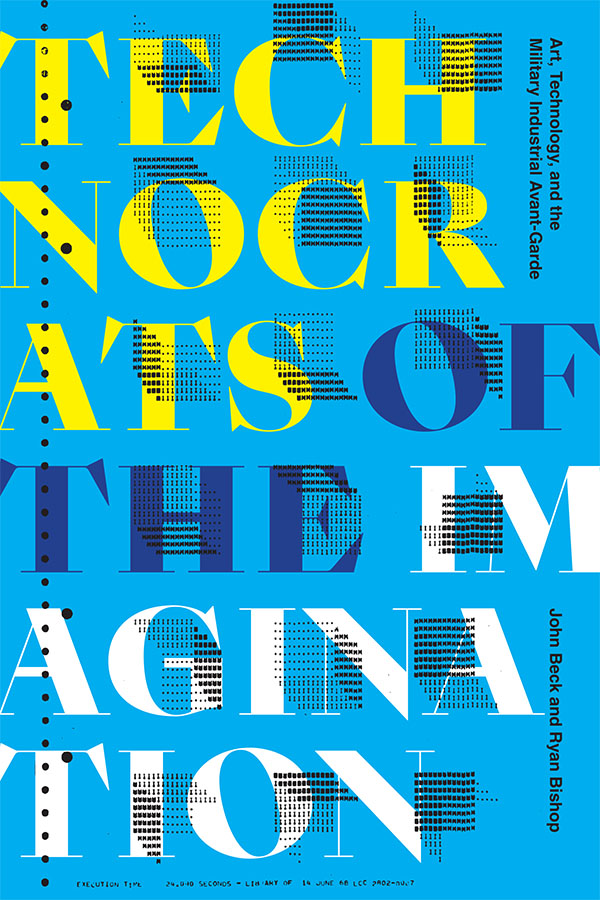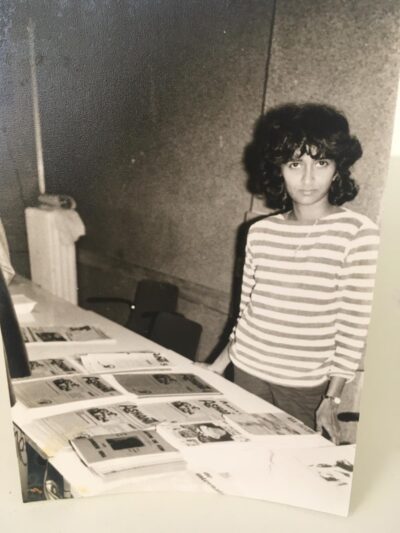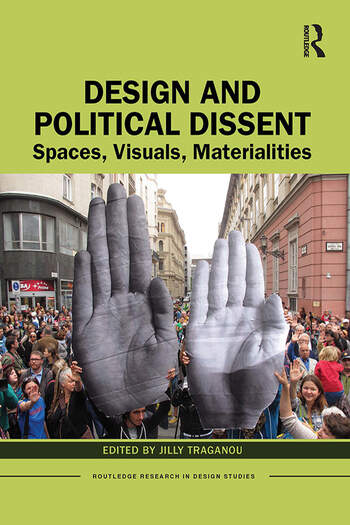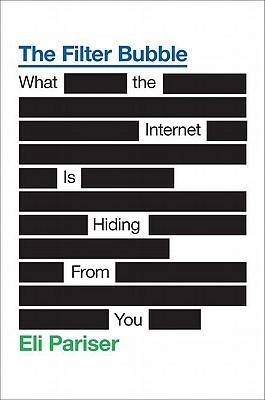“In Technocrats of the Imagination John Beck and Ryan Bishop explore the collaborations between the American avant-garde art world and the military-industrial complex during the 1960s, in which artists worked with scientists and engineers in universities, private labs, and museums. For artists, designers, and educators working with the likes of Bell Labs, the RAND Corporation, and the Los Angeles County Museum of Art, experiments in art and technology presaged not only a new aesthetic but a new utopian social order based on collective experimentation. In examining these projects’ promises and pitfalls and how they have inspired a new generation of collaborative labs populated by artists, engineers, and scientists, Beck and Bishop reveal the connections between the contemporary art world and the militarized lab model of research that has dominated the sciences since the 1950s.”
“As university research has also become increasingly marketized, not only in the commercialization of military related r&d, but also through the competition for funding, faculty, and students, the distinction Cold War technocrats defended between so-called basic (or non-instrumentalized) and applied research has become less relevant. In such a climate, the arts and humanities have repositioned themselves as players in the new creative economy, the virtues associated with these fields, such as critical and analytical inventiveness and the production of conceptual and formal novelty, now valued as a necessary
component of an interdisciplinary business environment. The reconfiguration of art practice as research under these conditions, though it is often explained as a means of securing equal status across disciplines and as a recognition of practice as a mode of rigorous inquiry, nonetheless normalizes and regulates the antinomian energies still associated with the arts as another branch of the knowledge economy … The aim of this book is to disturb these energies and to address the 1960s art-and-tech ventures within a context that extends backward and forward. We return to the early twentieth century in order to understand how the complex coupling of American progressive liberalism and the European and Russian avant-garde produced a distinctive mid-century US art technology utopianism even as it was invariably nested within the growing military-industrial infrastructure of the corporate state.”
